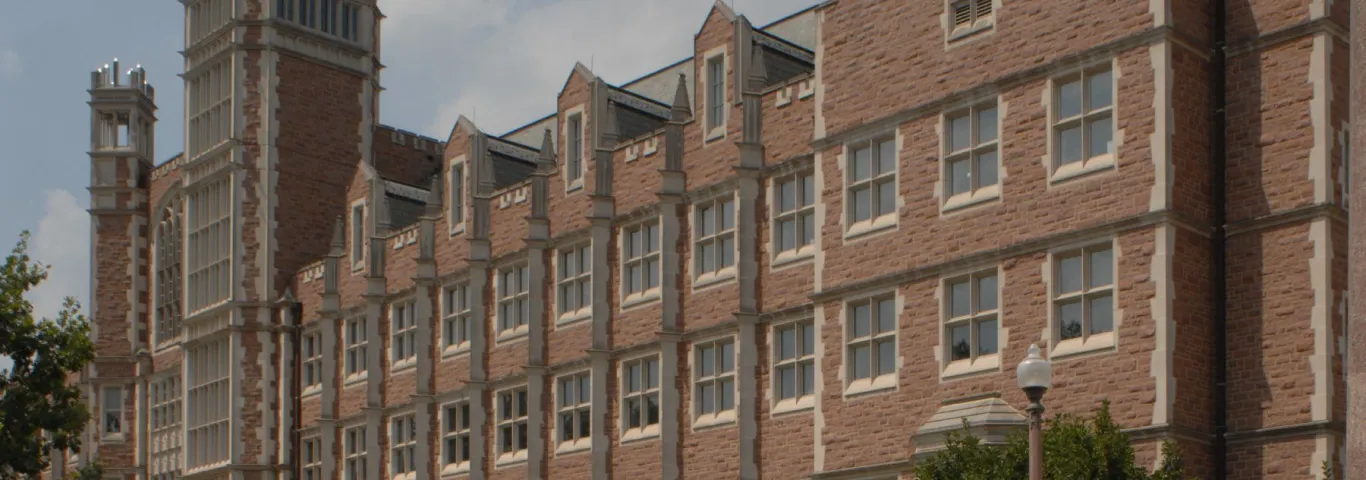
Alumnus Profile
By Dr. Fade Eadeh

After graduating from John Carroll, Fade spent several years fine-tuning his interests while employed at Duke University’s Social Science Research Institute. There, he worked at the Interdisciplinary Institute in Social Psychology, a hotbed for interdisciplinary research spanning psychology, economics, political science, sociology, and organizational behavior. This experience helped him understand that the nexus between social psychology and political science was his calling.
Fade then spent several years honing his interests while enrolled as a doctoral student in social psychology at Washington University. During this time, Fade conducted research in a variety of topics pertaining to political psychology, including threat, political attitudes, and revenge. One line of work showed the emotional dynamics of revenge are neither wholly positive (i.e., “sweet”) nor entirely negative. Rather, both types of emotional reactions are likely. These conclusions were drawn from a line of work on U.S. citizens’ reactions to the assassination of Osama bin Laden, showing that this event triggered strong positive feelings (reflecting perceptions that “justice had been done”) and negative feelings from revenge, the latter of which reflected activation of memories of the original 9/11 attacks (Eadeh, Peak, and Lambert, 2017, Journal of Experimental Social Psychology). In another project with Dr. Alan Lambert, Fade also tested a theoretical model offering an alternative view of the psychological dynamics of “mortality salience” manipulations, a well-known feature of previous work in the Terror Management Literature (Lambert, Eadeh et al., 2014, Journal of Personality and Social Psychology).
Fade’s dissertation provided several important insights into the ways that threat impacts political attitudes. Prior to Fade’s work, extant research showed threat was either linked to shifts in support for political conservatism or more polarized attitudes. In his work with then-undergraduate Katharine Chang, (Eadeh & Chang, 2020, Social Psychological and Personality Science), they offered what was then a completely unexplored idea, namely, that certain types of threat can enhance appeal of political liberalism. They tested and found consistent support for a model in which aspects of liberalism can become more appealing when people have recently been primed with certain threats (e.g. those related to pollution, or healthcare), for which liberals (vs. conservatives) are seen as more effective at resolving that particular threat.
After receiving his Ph.D., Fade accepted a position as a tenure-track professor at Seattle University, where he has continued to study threat and its effects on political attitudes. This includes work showing that the threat of domestic terrorism committed by White nationalists can shift people to be more supportive of censoring hate speech. (Whittock, Al-Kire, & Eadeh, in preparation). In addition, he is also studying how threats from aggressive policing shifts people to be more supportive of police demilitarization (Fiagbenu & Eadeh, in preparation).
Beyond the classroom and outside of the lab, Fade and his wife Maria are enjoying the many pleasures of the Pacific Northwest. During their down time, you’re likely to see them hiking with their dog Frankie, biking around the city, working on restoring mid-century modern furniture, or traveling the world.